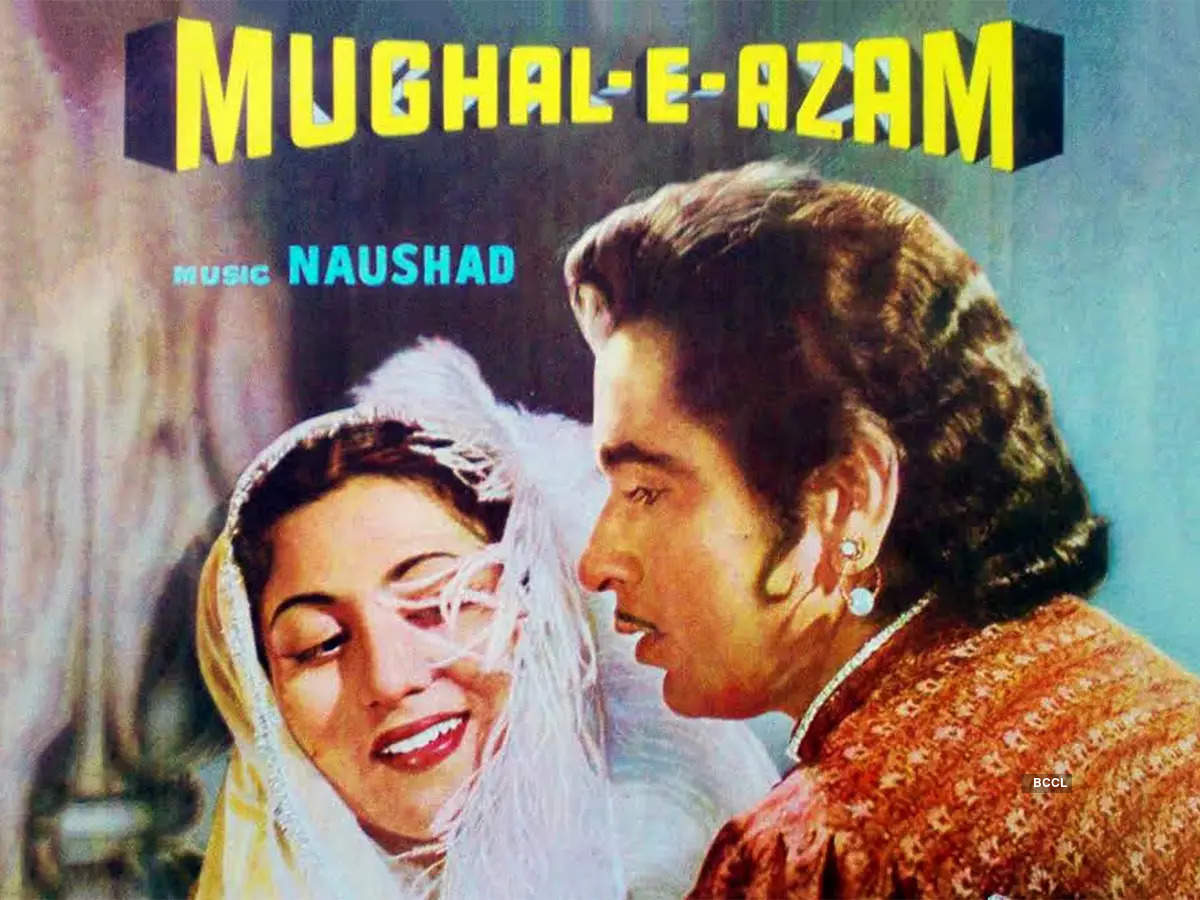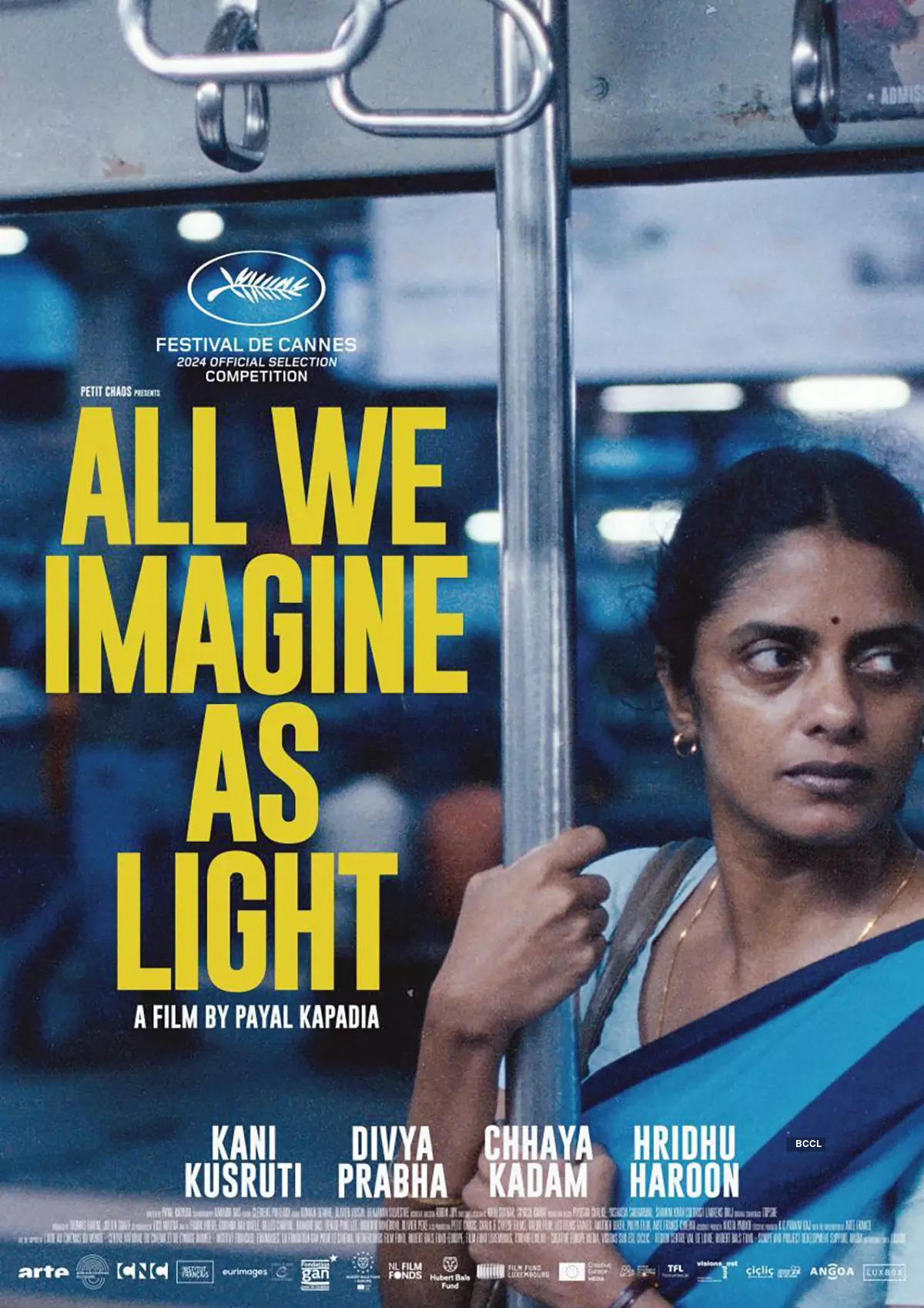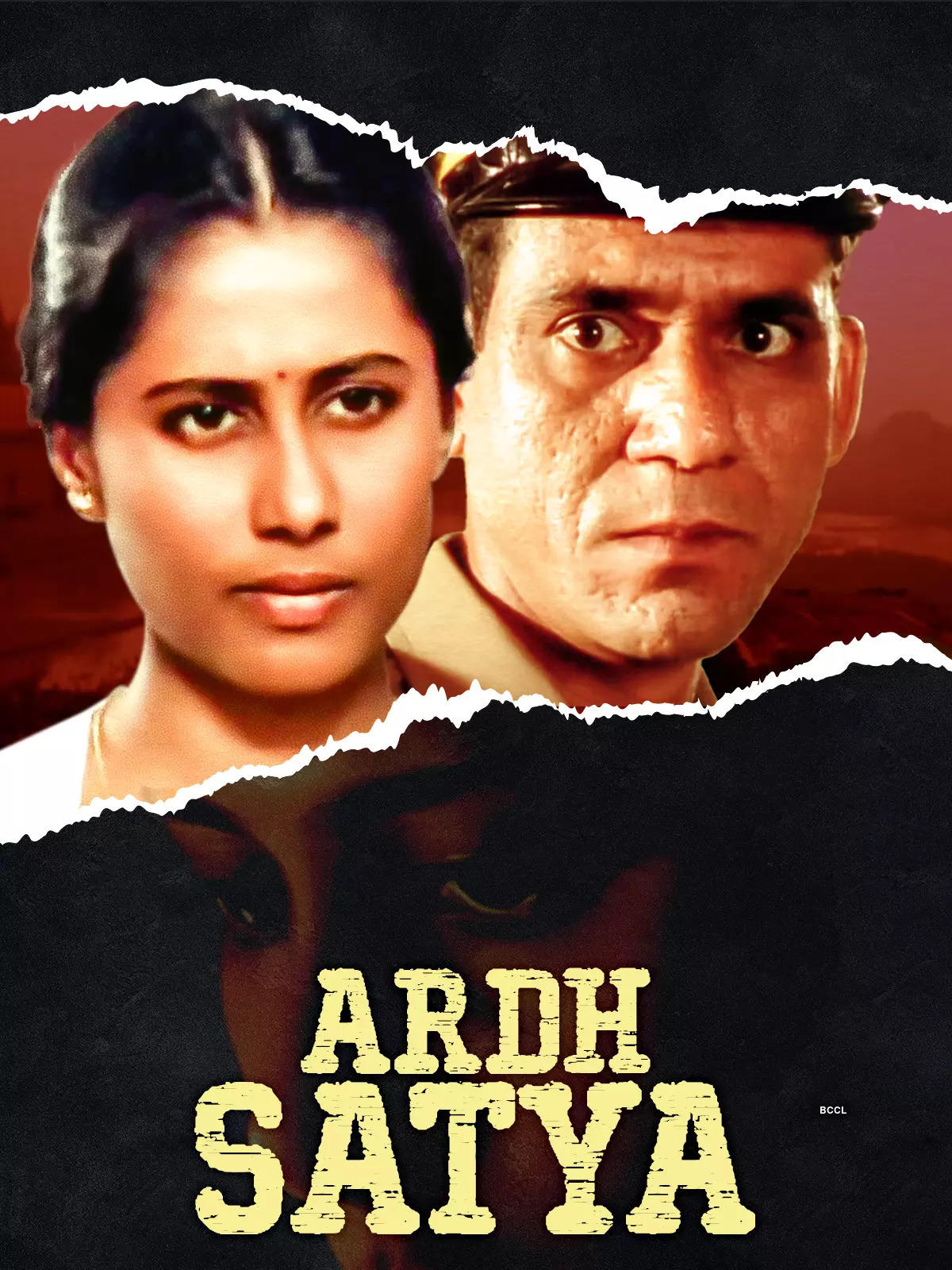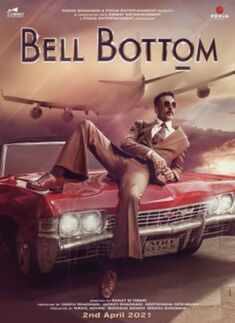
Mughal-E-Azam, 1960
A monumental achievement in Indian cinema, Mughal-E-Azam by director K. Asif is a timeless epic that dramatizes the love story between Prince Salim and the court dancer Anarkali. The film's opulent sets, majestic cinematography, and Naushad’s unforgettable music set a new standard for Indian filmmaking. Its release in both black-and-white and later in colour reinforced its iconic status. The film's grandeur and depth of emotion left an indelible mark on Bollywood, influencing generations of filmmakers and setting a benchmark for historical dramas.
In This Pic : Mughal-E-Azam
Pic Courtesy : BCCL - Non Copyright
Read More
All We Imagine As Light, 2024
Every year many Indian stars in their shimmery bright walk on the Cannes red carpet. But in the competition section, Indian films couldn’t find a place for 30 years. Until, Payal Kapadia’s All We Imagine As Light, an aesthetically eloquent, multi-layered film about womanhood and the migrant experience, won the Grand Prix in France. The film sets a new benchmark for young filmmakers.
In This Pic : All We Imagine As Light
Pic Courtesy : BCCL - Non Copyright
Read More
Ardh Satya, 1983
New Wave cinema acquired a more urgent and assertive face in the eighties. Ardh Satya, the story of an honest cop who battles against a domineering father, a local tough and his inner demons, took arthouse cinema to the next level. Om Puri’s bottled rage made Anant Velankar the definitive cinema cop of the decade. Ardh Satya was the magical crossover movie -- a cash-counter biggie and an award collector -- that parallel cinema bhakts dreamt about.
In This Pic : Ardh Satya
Pic Courtesy : BCCL - Non Copyright
Read More
Bāhubali, 2015
Advancement in Computer Generated Imagery (CGI), a category of VFX (visual effects), revolutionised film technology. Among other things, it took science-fiction and epic adventure to new levels. Director SS Rajamouli’s movie found the sweet centre of the VFX’s potential. The smash hit, released in multiple languages, created a template for a genre that continues.
In This Pic : Bāhubali
Pic Courtesy : BCCL - Non Copyright
Read More
Chemmeen, 1965
Malayalam writer Thakazhi Sivasankara Pillai’s lyrical novel vividly details the lives of fisherfolk in coastal Kerala. Director Ramu Kariat’s celluloid interpretation was welcomed by critics and filmgoers alike. The tragic interfaith love story, with breathtaking photography and memorable music by Salil Chowdhury, received the national award for best feature.

